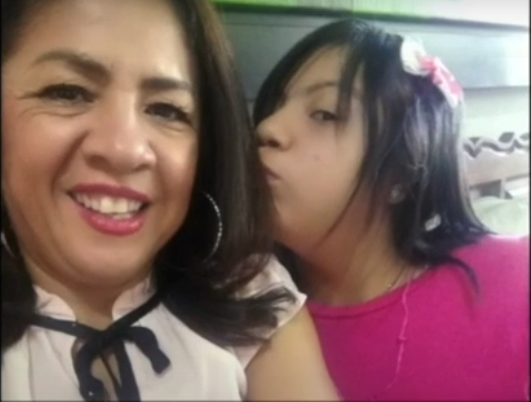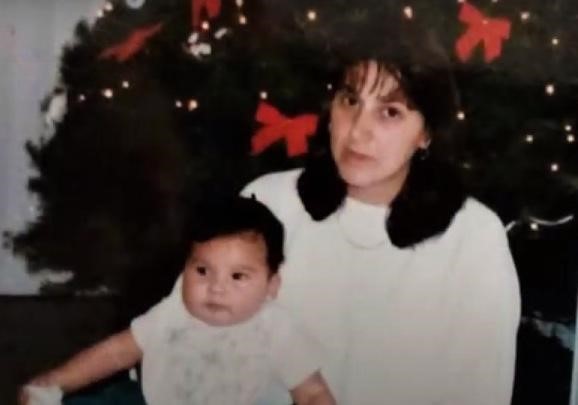Deported Mothers: Mental Health and Family Separation
By Maricruz Castro Ricalde and María José Gutiérrez
Problem
Deportation of parents causes emotional and psychological impacts on women’s and men’s health. The process of deportation affects parents emotionally even before the deportation occurs, with feelings such as fear and anxiety of being indefinitely separated physically and emotionally from their loved ones. Family separation upon deportation may occur in different ways: for instance, in some cases deported mothers decide to take their children with them to avoid family breakup. However, once deported, these women face serious obstacles to employment. Likewise, their children, who are often not citizens in the return country and may not speak Spanish well, face obstacles in access to health services and discrimination in public schooling. These factors prevent women from combining paid work with their childcare. Unable to take care of their children economically, emotionally and physically, these mothers make the difficult decision to send their children back to the US to guarantee their education, health, and financial well-being. This leads to indefinite family separation and may provoke mental health issues.
Solution
Deportation policies should take into account emotional and psychological damage caused by the potential separation of mothers from school age children, including separation due to the potentially greater trauma brought about by forcibly displacing minors to a foreign environment that presents major legal, bureaucratic, linguistic or cultural obstacles to their integration and wellbeing.
Mexico should develop programs for the integration of deported parents into the workforce, and for the accommodation of children of return migrants, including those with limited Spanish language skills, into public schools. Integration programs should ensure access to health services, including mental health support for both parents and children.
Observations
The digital narratives of deported mothers highlight the emotional and psychological consequences of family separation as well as the difficulties of childcare in a context of deportation.

María Navas has been living in Ciudad Juárez for ten years after being deported twice. The first time she migrated to the United States, she married and gave birth to her first son. She describes the multiple fears and stresses she faced living undocumented, such as “fear of people” and “fear to reveal her immigration status”. After a first detention for possession of a controlled substance, she signed her voluntary deportation to Mexico, but since she had left her son behind, she decided to cross the border again undocumented.
In her narrative titled “A Life in the Border”, Maria expresses how despite her attempts to regularize her immigration status by completing her court visits, she faced a warrant for her arrest for allegedly not complying with them. At that moment she found out she was pregnant with her second child and due to her condition, Maria decided to become “a fugitive, out of fear of being incarcerated”. She gave birth to her daughter who had a disability and needed special care, which caused her to remain in the US to “focus on her development”. She got detained a couple of years later and despite her petition to be granted a humanitarian visa in order to take care of her daughter, who was an American citizen, she was deported to Mexico and took her daughter with her. In her words, “that’s when my huge depression started and the big challenge to start over again”. Upon being deported to Mexico, she started selling secondhand clothes with her daughter’s help, but the wages were too low to make a living and it had negative consequences on the health of her daughter, who could not go to school, since Mexican public schools did not offer the support she needed for her disability. As María recounts, her deportation “split her family up”: due to the lack of adequate services to treat her daughter’s disability, Maria decided to send her back to the US. After ten years of living in Mexico, María is considering going back to the US to reunite her family, despite the memories of fear and stress caused by being an undocumented migrant. As she expresses it, “the only thing that moves me is that I want to be with my husband and daughter again”.

Rocío Santaana lived in the United States for eighteen years. Her two children were born there. When she was deported, her daughter was thirteen, and her son was two. Her forced return to Mexico was "difficult, very difficult." Therefore, her two children stayed with their father. Soon she began to experience severe depression. For two years, she did not leave her home, nor did she want to live with anyone else. In her narrative titled "Deported Mothers in Mexico", she talks about her family's breakup and how each of its members' destinies changed due to her deportation. Her daughter started having many problems and ended up dropping out of school.
In the first year after her deportation, Rocío tried to live with her younger son, but could only be with him for two months. In Mexico, her child was not accepted in school because he did not speak Spanish. She could not get a job and her depression prevented her from taking care of him adequately. As she puts it: "I didn't even know what to do with the child." After deciding to send him back to the United States, Rocío's depression increased. She describes deportation as something "traumatic." Her life "ended" at that time. She lost material things and something more valuable: her family. As a mother, she has missed many of the most critical moments in her children's lives.
In Tijuana, she consulted lawyers and people who told her that they would resolve her legal situation, but with no results. She began to collaborate with the organization Dreamers Moms through its founder, Yolanda Varona. That is a way of "doing a bit" to alleviate the anguish and lack of information experienced by deported people. Rocío wants to obtain a visa to visit her children in order to try to deepen family bonds despite their continued separation.
These stories are testaments to the challenging consequences of family separation due to deportation. The Humanizing Deportation archive contains more than thirty other stories of mothers emotionally affected by deportation and subsequent separation from their children, that show the growing need to enhance mental health support and integration programs within the US and Mexico.
